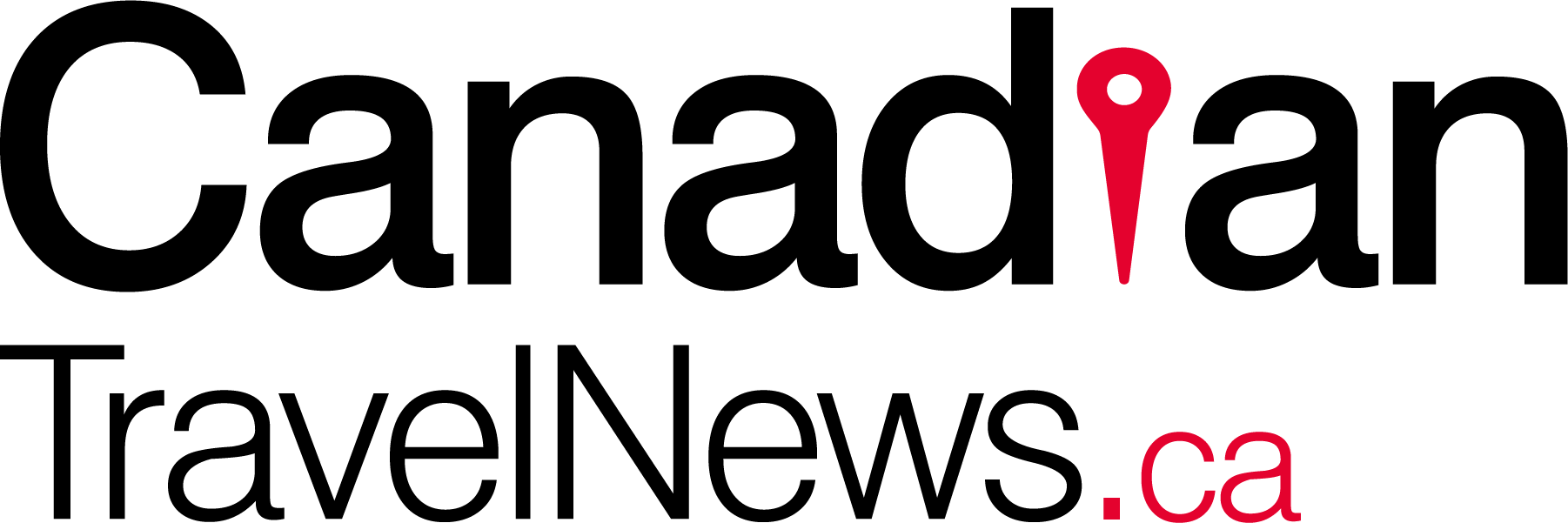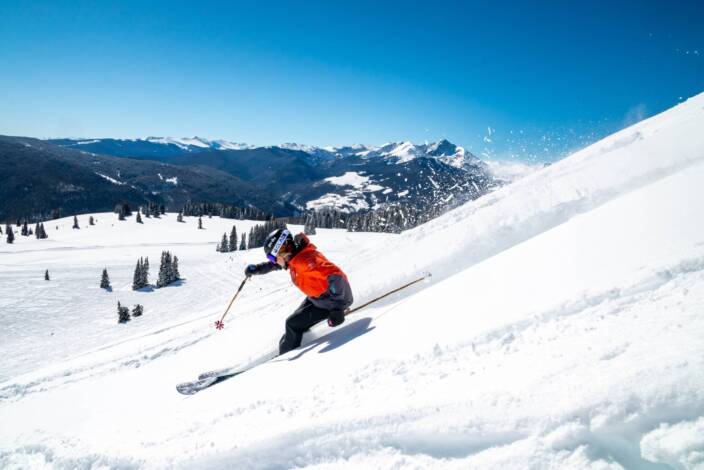
Tourism Week: Spotlight on Yukon, Nunavut and Northwest Territories
May 30, 2021 ctn_admin
| Compelling and captivating, Canada’s North is a vast stretch of geography that spans nearly 4 million sq. km. from east to west, with seashores facing the Arctic Ocean. Its three territories – Northwest Territories (NWT), Nunavut, and Yukon – draw those seeking adventure and unique experiences. Visit Canada’s North and you will discover the stark attraction of a seemingly endless wilderness. Governments in the North have stayed on top of the pandemic, and the COVID-19 infection rate there is relatively low and controlled. Lockdown restrictions and health regulations imposed by the Territorial governments are responsible for this feat – and they are staying that way until the rest of the country catches up. For example, Nunavut is still closed to non-residents, and this will more than likely continue well into July and August, said Kevin Kelly of Travel Nunavut. Unfortunately, that means the spring and summer tourism seasons will be lost, he said. Currently, Yukon is requiring that visitors have proof of a full vaccination or they must self-isolate for two weeks. The vaccination rate is now at or above 75% of the territory population, said Blake Rogers, Executive Director of the Tourism Industry Association of the Yukon (TIA Yukon). “Not so in the rest of Canada,” said Rogers, “This fact, combined with the absence of international travel, which is a significant portion of our visitation, creates a very soft opening and a grim outlook for our summer season.” In the NWT, the borders are restricted, and if people come from outside the NWT, or are returning residents, they must isolate for 14 days in one of five communities before they can go home. But in NWT, “our government just approved remote tourism operators to have visitors from outside the NWT, but within Canada, to remote locations,” said Donna Lee Demarcke, the CEO of Northwest Territories Tourism. “In essence, the government has approved an alternative self-isolation plan for visitors at remote tourism locations. This is an important first step in having visitors back in the NWT,” she said. LEADING BY EXAMPLE Yukon has taken big steps to help its tourism business sector stay afloat, and the TIA Yukon has played a key role in that. In September, TIA Yukon launched the Yukon Elevate Tourism Program in partnership with several other stakeholders, with funding from CanNor and the Yukon Government. It was designed as a pillar of support for Yukon tourism businesses, and gives them the tools needed to develop new business dimensions to address the pandemic challenges, said Rogers of TIA Yukon. One of the ELEVATE stories of note is that of Into the Wild Adventures, which acquired dog sleds in children’s sizes to develop a dog mushing school for kids. The business plans to market the service to visitors (when they are allowed) as well as to Yukon families who like the idea of their kids having their own sleds. “Dogsledding has often been seen as a tourist attraction, but offering it to locals allows for them to experience it and learn about the culture of the Yukon,” said Rogers. “Proximity tourism was a word they had used in their application, which is an interesting concept.” The Yukon Transportation Museum has launched Yukon Spin, a virtual bicycle riding experience that allows users to stream point-of-view cycling videos on roads through Yukon scenery. The website advises that users of Yukon Spin should set up their bike trainer, line up a playlist, and join them for spectacular journeys at locations around Whitehorse. Each ride is 45 minutes long, and the videos display timers, route maps, elevation changes, and Yukon historical facts. Rates for accessing the ride videos are on the Yukon Spin site. In the Northwest Territories, the Explorer Hotel in Yellowknife introduced upgrades to qualify it as an isolation centre for the NWT government, with facilities for housing those who must quarantine for two weeks on arrival to the territory. Comprehensive COVID-19 sanitation protocols are now in place to protect against transmission of the virus. The hotel is following recommended procedures/protocols by the World Health Organization (WHO), Centers for Disease Control (CDC) and local authorities. With the adaptations, the Explorer hotel was able to become an isolation centre for the NWT government. Soap is the subject of adaptation in Nunavut. In capital city Iqaluit, Uasau Soap used the lockdown last summer to build a new website and reassess their marketing plans, said Kelly of Travel Nunavut. The company crafts each of its products from local ingredients, harvested through sustainable and traditional practices. Bowhead whale oil, for example, comes from local community hunts in Nunavut. “Uasau Soap has come through this pandemic in a great position business-wise and is poised for growth,” said Kelly. LOOKING BACK, LOOKING AHEAD “I do believe that Canadians can see that the tourism sector has been hard hit during this pandemic, and I think that some Canadians will support the Canadian tourism industry,” said Demarcke of Northwest Territories Tourism. “I also believe that many Canadians also want to travel to their favourite international locations, and many will hold out for that to happen. I think if we were able to incentivize Canadians to travel within Canada, there would be more uptake on in-country travel,” she said. “I definitely feel that, as a result of the pandemic, we will see more Canadians wanting to travel within the borders of Canada,” said Kelly. “This will include those who want to see a polar bear in the wild, or who want to complete a bucket list of visiting all the capital cities of all the provinces and territories,” he said. The Tourism Industry Association of Canada encourages all Canadians this #TourismWeek, to take the pledge, and when you are able, plan and travel in Canada this year! Visit www.tourismcounts.ca. |












